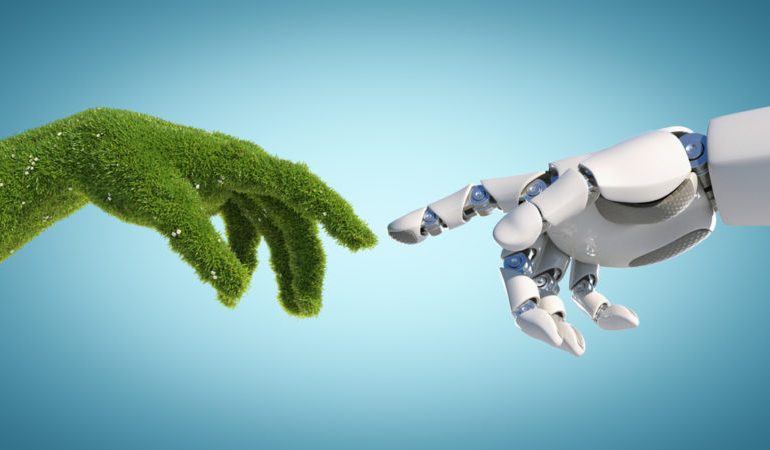Modern science has had a profound impact on human life, revolutionizing the way we live, work, and communicate. Here are some ways in which modern science has changed human life:
- Advances in healthcare: Modern science has led to significant improvements in healthcare, including new treatments, vaccines, and medical technologies. This has helped to reduce mortality rates and improve the quality of life for many people.
- Communication technology: The advent of communication technologies such as the internet, smartphones, and social media has transformed the way we communicate and connect with each other. It has also created new opportunities for business, education, and social engagement.
- Transportation: Modern science has made significant strides in transportation, leading to the development of faster, more efficient, and safer modes of travel, such as airplanes, high-speed trains, and electric cars.
- Energy: Advances in science and technology have made it possible to harness renewable energy sources, such as solar and wind power, which has the potential to reduce our dependence on fossil fuels and mitigate climate change.
- Agriculture: Modern science has revolutionized agriculture, leading to increased food production and improved food quality. This has helped to address issues such as hunger and malnutrition.
Overall, modern science has had a transformative effect on human life, enabling us to overcome many of the challenges we face and to live longer, healthier, and more connected lives. However, it is also important to consider the potential risks and ethical implications of scientific advancements to ensure that they align with our values and contribute to a sustainable future for all.




